Scientists at the University of Barcelona have made a groundbreaking discovery on the Canary Islands, where a species of spider, Dysdera tilosensis, has lost half of its genome in just a few million years. This unexpected finding defies traditional evolutionary theories, which predict that island species would develop larger, more repetitive genomes over time. Advanced genomic sequencing revealed that despite its significantly reduced DNA, the island spider is genetically more diverse than its continental relatives.
According to Dr. Maria Rodriguez, lead researcher on the project, "The spider's genome has undergone a remarkable transformation, shrinking from approximately 1.5 billion base pairs to around 750 million base pairs. This reduction in genome size is unprecedented in the evolutionary record, and it challenges our current understanding of how isolation shapes evolution." Dr. Rodriguez and her team used cutting-edge sequencing techniques to analyze the spider's genome and compare it to that of its continental relatives.
The discovery of the island spider's reduced genome size has significant implications for our understanding of evolutionary biology. Traditionally, scientists have believed that island species would experience genetic drift, leading to a loss of genetic diversity and an increase in repetitive DNA. However, the Dysdera tilosensis spider has achieved the opposite, with its reduced genome size accompanied by increased genetic complexity.
Dr. John Taylor, a geneticist at the University of California, Berkeley, noted, "This finding is a game-changer for our understanding of evolutionary processes. It suggests that island species may be able to adapt to their environments in ways that were previously thought impossible." Taylor emphasized the importance of further research into the mechanisms underlying the spider's genome reduction.
The discovery of the island spider's reduced genome size also raises questions about the potential applications of this phenomenon in fields such as biotechnology and medicine. Dr. Rodriguez and her team are currently exploring the possibility of using the spider's genome as a model for understanding the evolution of genetic complexity.
The research on the island spider's genome is ongoing, with the University of Barcelona team continuing to analyze the data and explore the implications of their findings. As the scientific community continues to study this phenomenon, it is clear that the discovery of the Dysdera tilosensis spider's reduced genome size will have a lasting impact on our understanding of evolutionary biology and its applications in various fields.
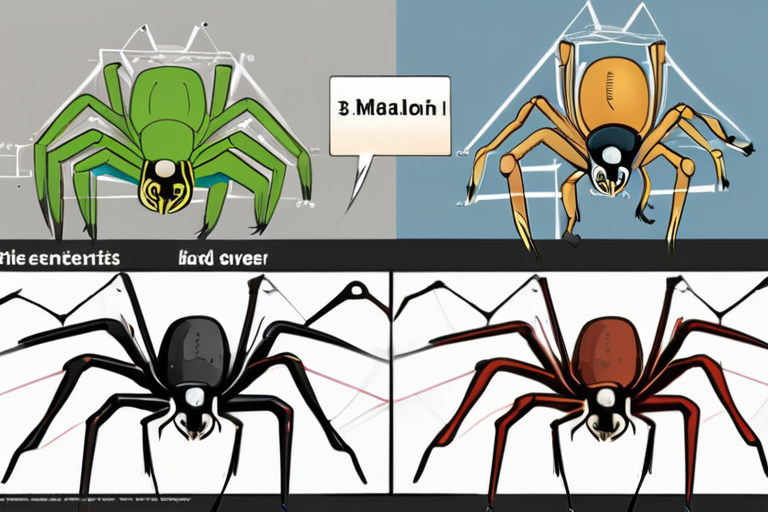


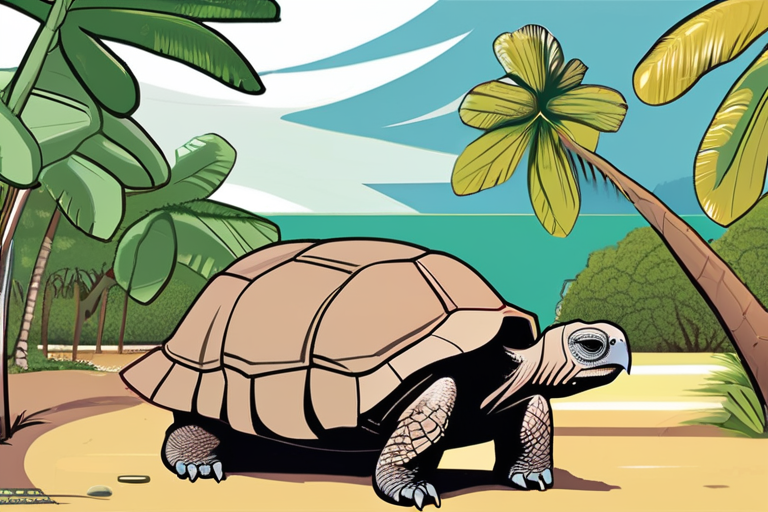
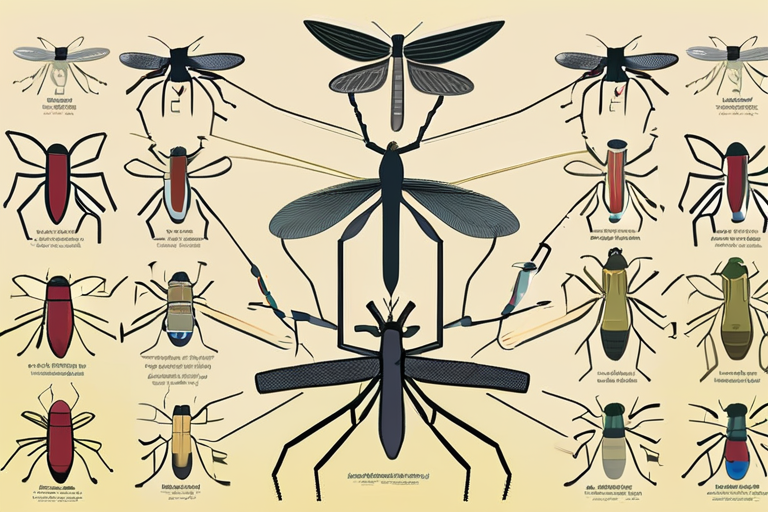
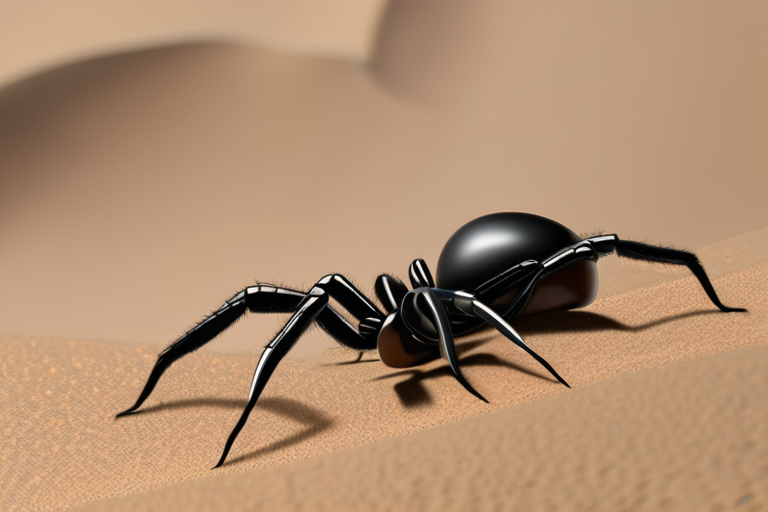
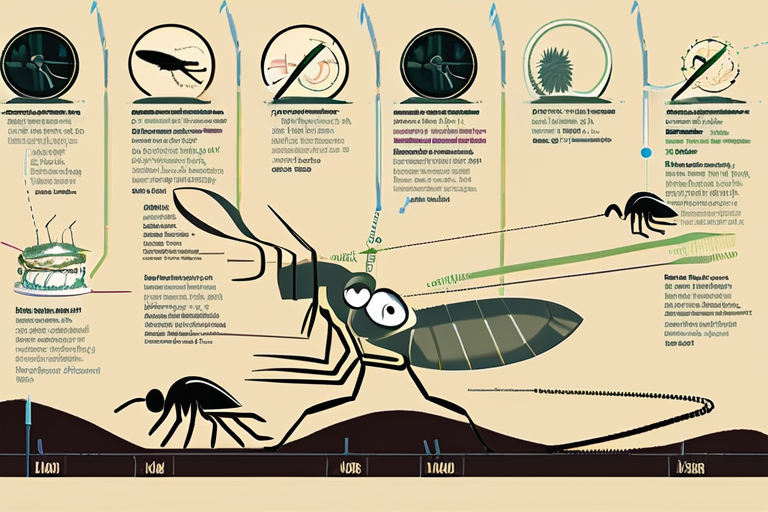
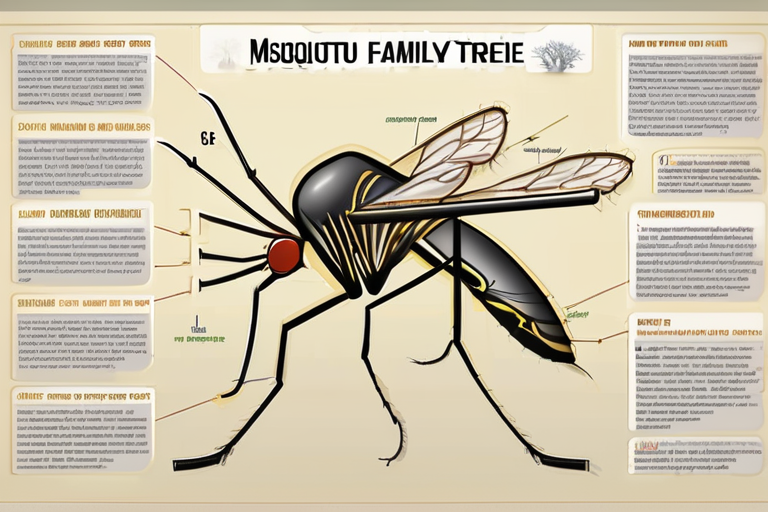
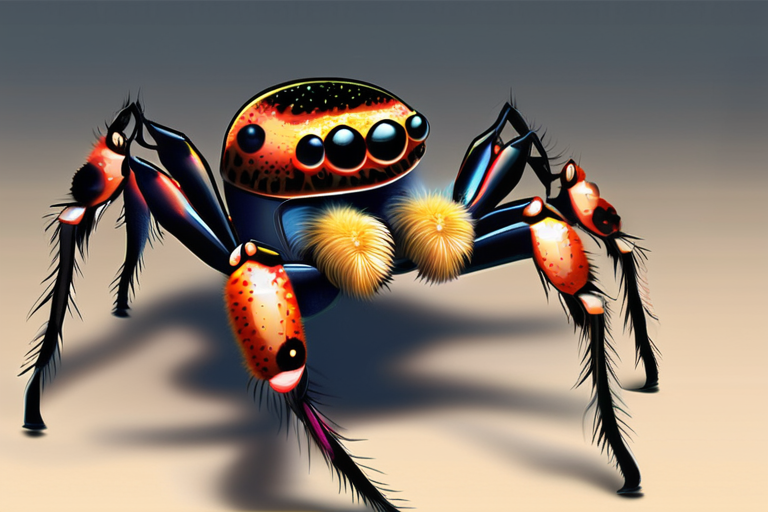

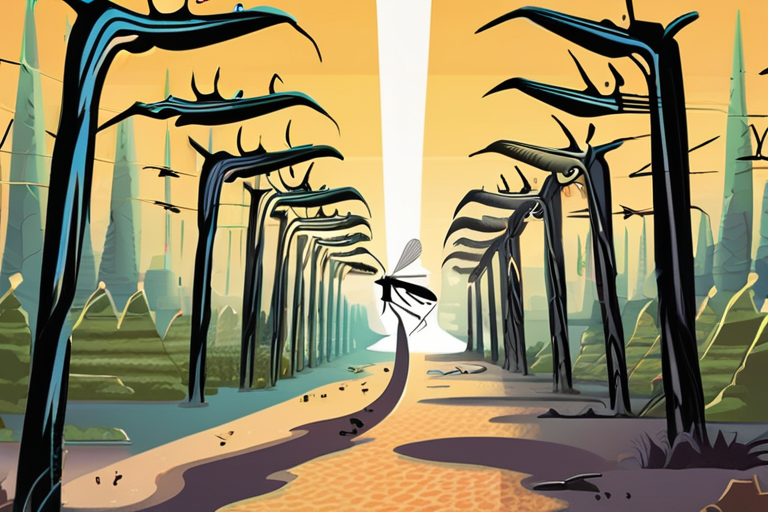

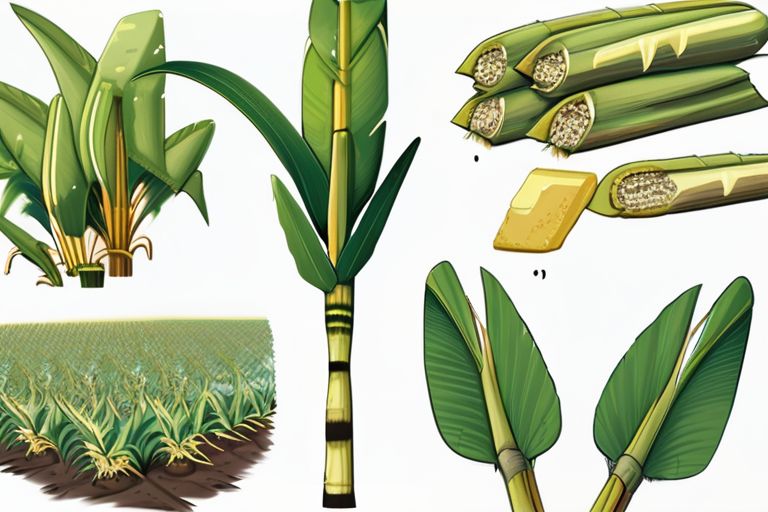
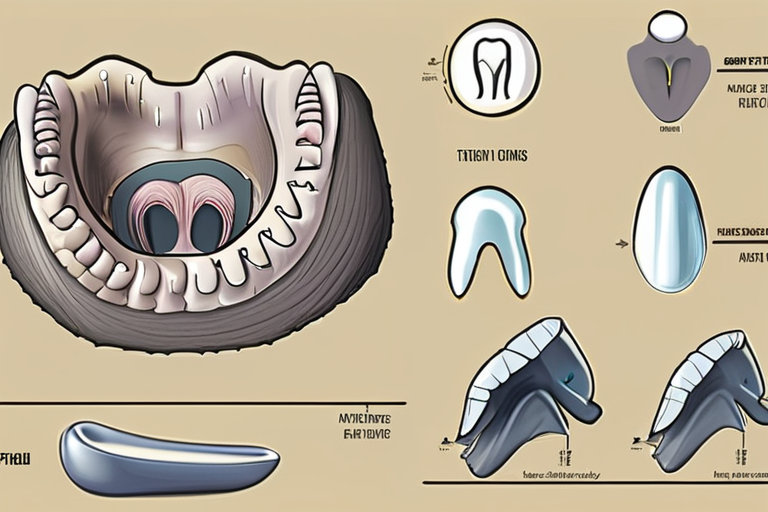
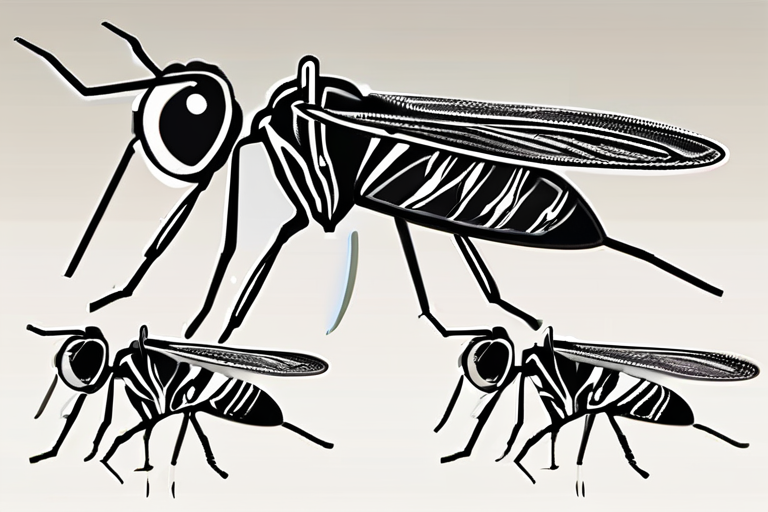

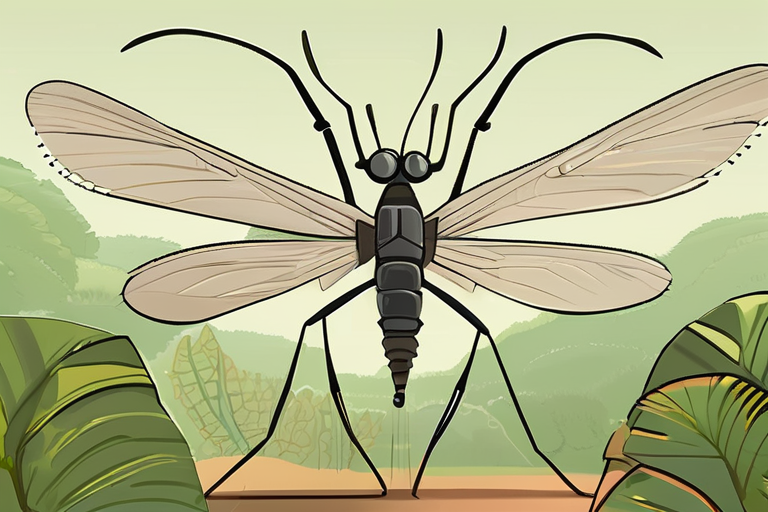
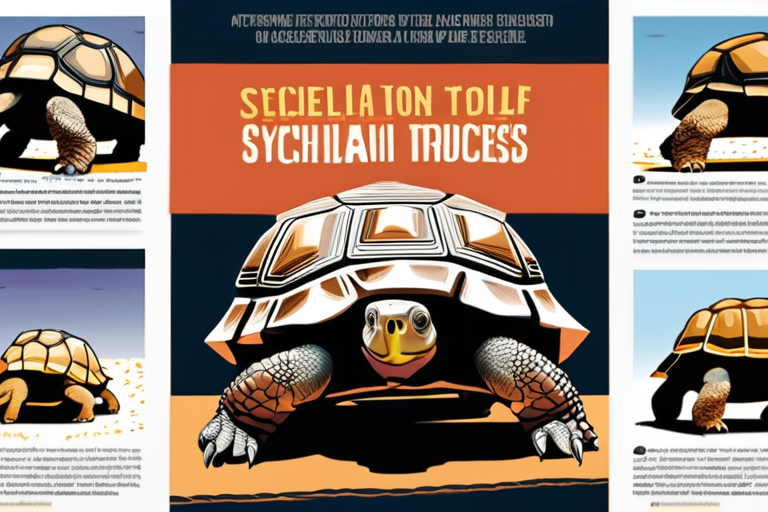


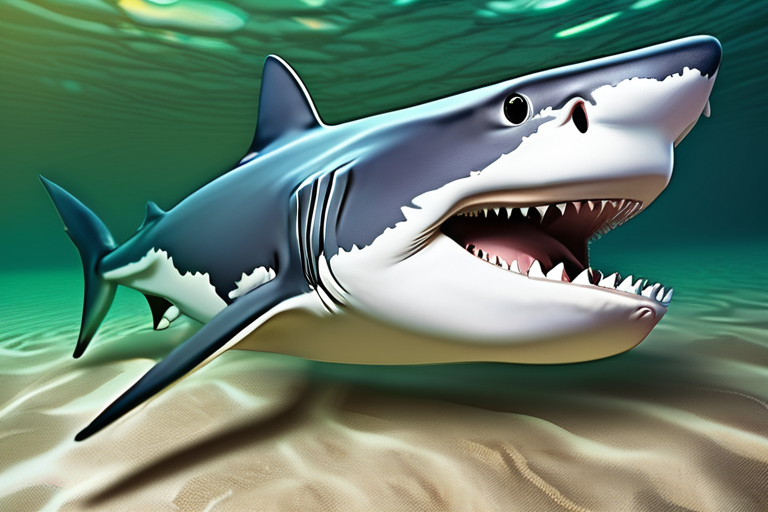
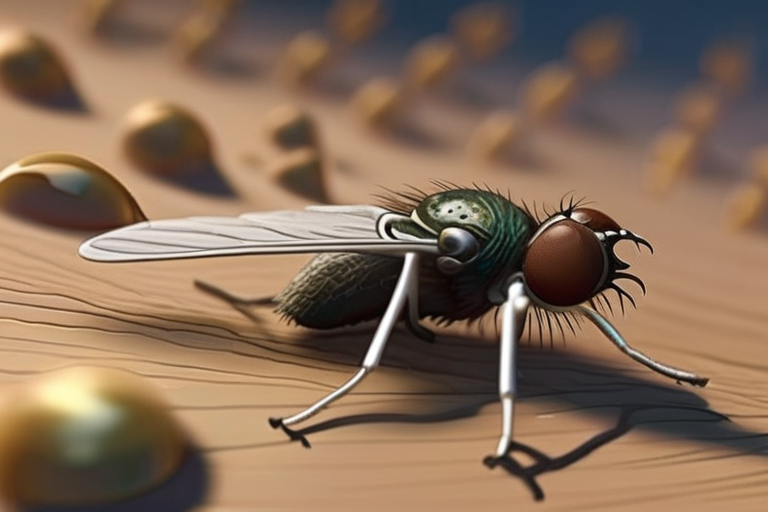
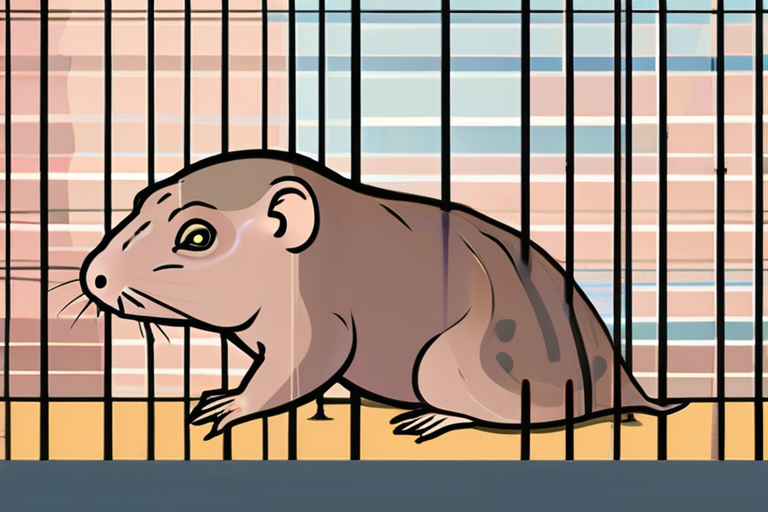
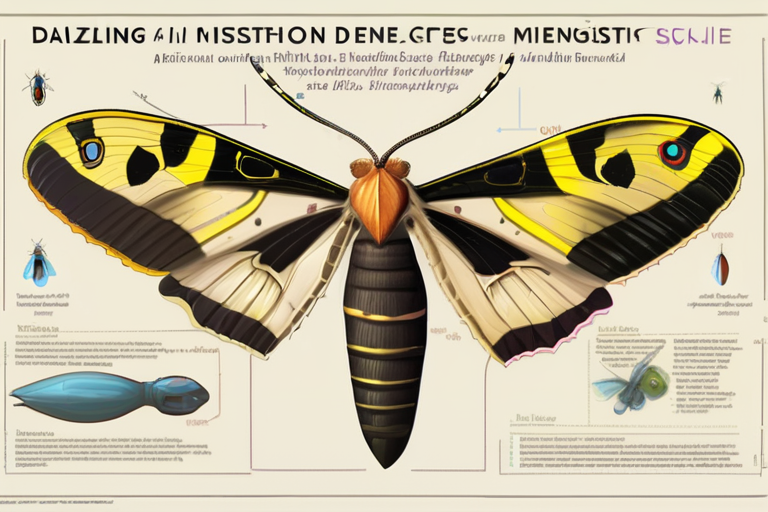
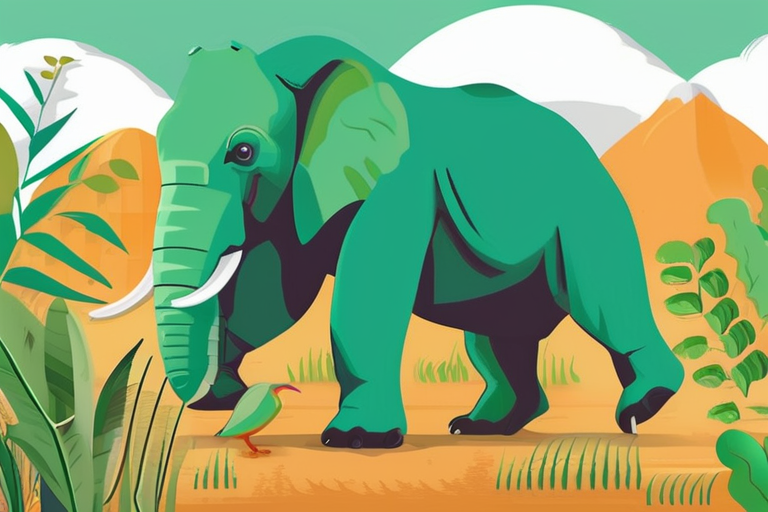
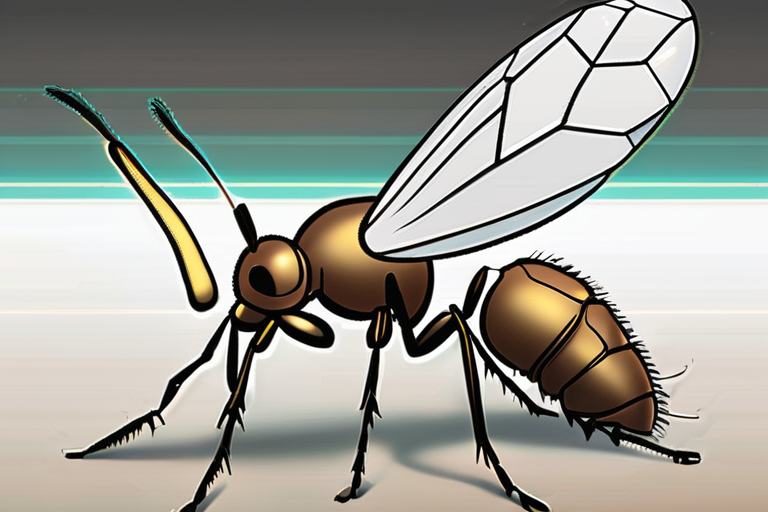
Share & Engage Share
Share this article